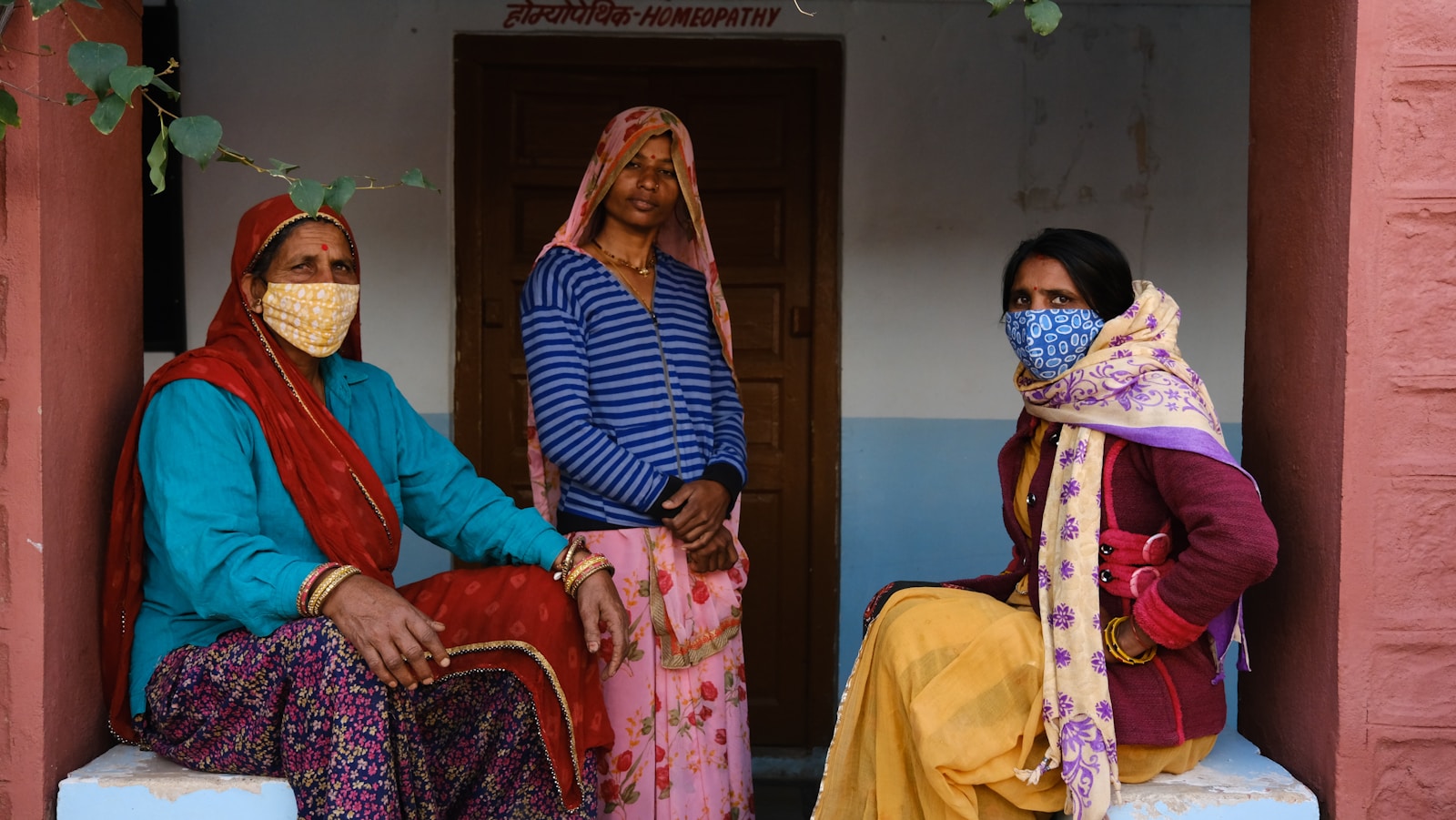
Exploring the Royal Charm of Rajasthani Weddings: Traditions, Attire & Feasts

Exploring the Royal Charm of Rajasthani Weddings: Traditions, Attire & Feasts
Vibrant, regal, and culturally opulent — Rajasthani weddings are a sublime celebration of tradition, honour, and community. These weddings aren’t just ceremonies; they’re elaborate spectacles steeped in history, grandeur, and heartfelt family values.
Pre-Wedding Rituals with Majestic Origins
Rajasthan’s wedding customs begin with a colourful array of pre-wedding rituals, each rooted in ancient royal tradition. Here are some standout moments:
- Tilak Ceremony: A formal meeting between the bride and groom’s families, where the bride’s relatives visit the groom’s home to bless him and present gifts.
- Ganpati Sthapana: A sacred puja to invoke Lord Ganesha’s blessings for a prosperous new beginning.
- Mehndi & Sangeet: Womenfolk gather for intricate mehndi designs and sing traditional Marwari songs, often including a Mehndi Night celebration.
- Pithi Dastoor: A haldi-like ritual where turmeric paste is applied to enhance the glow of the bride and groom.
Majestic Wedding Day Rituals
The wedding ceremony is a grand affair that reflects Rajasthan’s royal heritage. Ceremonies are often held in opulent palaces or ornately decorated havelis.
- Baraat Procession: The groom arrives on a regal horse or elephant, accompanied by dhol, shehnai, and traditional dancers.
- Jaimala: The bride and groom exchange garlands, symbolising acceptance and respect.
- Pheras: Like in most Hindu weddings, the couple takes seven sacred vows around the holy fire.
- Bridal Attire: The Rajasthani bride dazzles in a richly embroidered lehenga choli, typically in red or maroon with heavy gotapatti work.
Sartorial Splendour: Attire with a Story
From the bandhej turbans to zari-bordered odhnis, Rajasthani wedding attire speaks volumes of the regional aesthetic. Grooms often don sherwanis paired with royal accessories like swords and kamarbandhs, exemplifying the warrior heritage.
Brides accessorise with exquisite jewellery such as:
- Borla (traditional Rajasthani maang tikka)
- Bajuband (armlets)
- Hathphool (hand bracelets)
Explore more regional bridal fashion in our post on traditional Indian bridal outfits.
Family & Community: The Soul of Rajasthani Weddings
Weddings in Rajasthan are more than a union of two individuals—they’re a merger of two families. Every relative has a role, whether it’s hosting guests, singing folk songs, or managing the lavish festivities.
Family values in Indian weddings remain at the heart of these vibrant rituals, where elders bless the couple, and children dance with joyful abandon.
Feast for the Senses: Rajasthani Wedding Cuisine
No Rajasthani wedding is complete without a sumptuous Rajputana feast that mirrors the richness of its culture. Guests are treated to elaborate spreads served in a royal thali style.
- Dal Baati Churma: A traditional triad of baked wheat balls, lentil curry, and sweet crushed wheat with ghee and jaggery.
- Laal Maas: A fiery red mutton curry favoured at Rajput weddings.
- Gatte ki Sabzi and Ker Sangri: Celebrating desert flavours with spice-laden gravies and dried vegetable curries.
- Mawa Kachori and Ghevar: Signature desserts that wrap up the feast on a sweet note.
Experience more about Indian wedding food culture in our food and feast segment.
Music, Dance, and Rajputana Grandeur
From Ghoomar performances by gracefully swirling women to the rhythmic beats of Kachhi Ghodi dancers, music and dance are indispensable to a Rajasthani celebration. Folk instruments like sarangi and dholak accompany songs passed down through generations.
Learn about other regional wedding dance forms across India.
Conclusion: A Royal Beginning to a Lifelong Journey
Blending opulence with deep-rooted values, Rajasthani weddings offer a timeless template for modern couples who want a traditional yet grand celebration. It’s where heritage meets love, and every detail tells a story.
Ready to start your story? Find your perfect match today and begin your very own royal journey.
